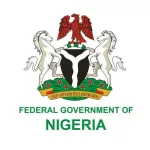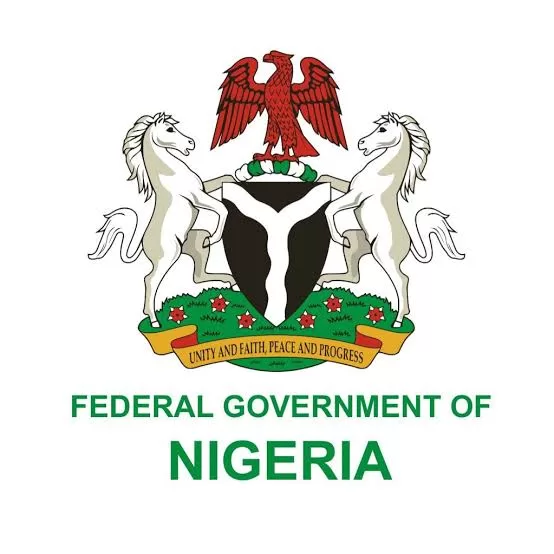As of September 2024, telecommunications companies and other ICT firms in Nigeria owed Deposit Money Banks N1.69 trillion, amid their requests for higher tariffs on data and voice calls.
According to the Central Bank of Nigeria’s quarterly statistical bulletin, this debt marks a year-on-year decrease of N68.04 billion, or 3.9%, compared to the N1.77 trillion owed in September 2023.
The decline in debt reflects the effect of the Central Bank of Nigeria’s repeated interest rate hikes, which have tightened monetary conditions and discouraged borrowing within the sector.
However, on a month-on-month basis, there was a slight increase of N31.61 billion, or 1.9%, from the N1.66 trillion recorded in August 2024.
The year-on-year analysis indicates that credit to the ICT sector showed mixed trends throughout 2024.
In January, credit amounted to N2.47 trillion, reflecting a significant increase of N1.23 trillion, or 99.3%, compared to N1.24 trillion in January 2023.
However, by February, credit had declined to N2.35tn, though it still represented an 88.4 per cent increase year-on-year, with a difference of N1.10tn compared to February 2023.
By March, the pace of borrowing slowed further, with credit dropping to N1.67 trillion. This still represented a year-on-year increase of N385.24 billion, or 30%, compared to March 2023.
The trend continued into April, with credit remaining relatively stable at N1.66 trillion, reflecting a year-on-year increase of N241.90 billion, or 17%.
In May, credit increased slightly to N1.68 trillion, marking a rise of N308.38 billion, or 22.4%, compared to the same period in 2023. However, from June onward, year-on-year figures began to show a decline.
Credit to the sector fell to N1.64 trillion in June, reflecting a decrease of N81.59 billion, or 4.7%, compared to June 2023.
In July, credit continued its decline, reaching N1.69 trillion, a decrease of N48.93 billion, or 2.8%, compared to July 2023.
The decline deepened in August, with credit falling to N1.67 trillion, a reduction of N107.37 billion, or 6%, compared to the N1.77 trillion recorded in August 2023.
By September, the year-on-year decrease of N68.04 billion highlighted the cautious borrowing stance adopted by firms, driven by persistent economic uncertainties and high interest rates.
The decline in credit to the ICT sector throughout 2024 can be attributed to the Central Bank of Nigeria’s tight monetary policies, which have increased the cost of borrowing.
The apex bank has consistently raised interest rates in an effort to curb inflation, with its monetary policy rate remaining at a record high for much of the year.
CBN Governor, Yemi Cardoso, who took office in September 2023, has overseen six interest rate hikes in 2024.
In February, the Monetary Policy Rate was raised by 400 basis points, from 18.75% to 22.75%, marking the largest single hike of the year.
The tightening cycle continued with an increase to 27.25 per cent as at September, and the most recent hike in November brought the rate to 27.50 per cent.
These rate hikes have directly impacted the borrowing capacity of firms, particularly those in capital-intensive sectors like ICT.
Additionally, macroeconomic challenges, including exchange rate volatility and rising operational costs, have further constrained borrowing activity.
Despite these challenges, the ICT sector remains a crucial driver of Nigeria’s economy, making significant contributions to Gross Domestic Product (GDP) growth and employment.
The telecom industry, led by mobile network operators such as MTN, Globacom, Airtel, 9mobile, and Internet Service Providers, plays a pivotal role in driving activities across various sectors of the economy.











